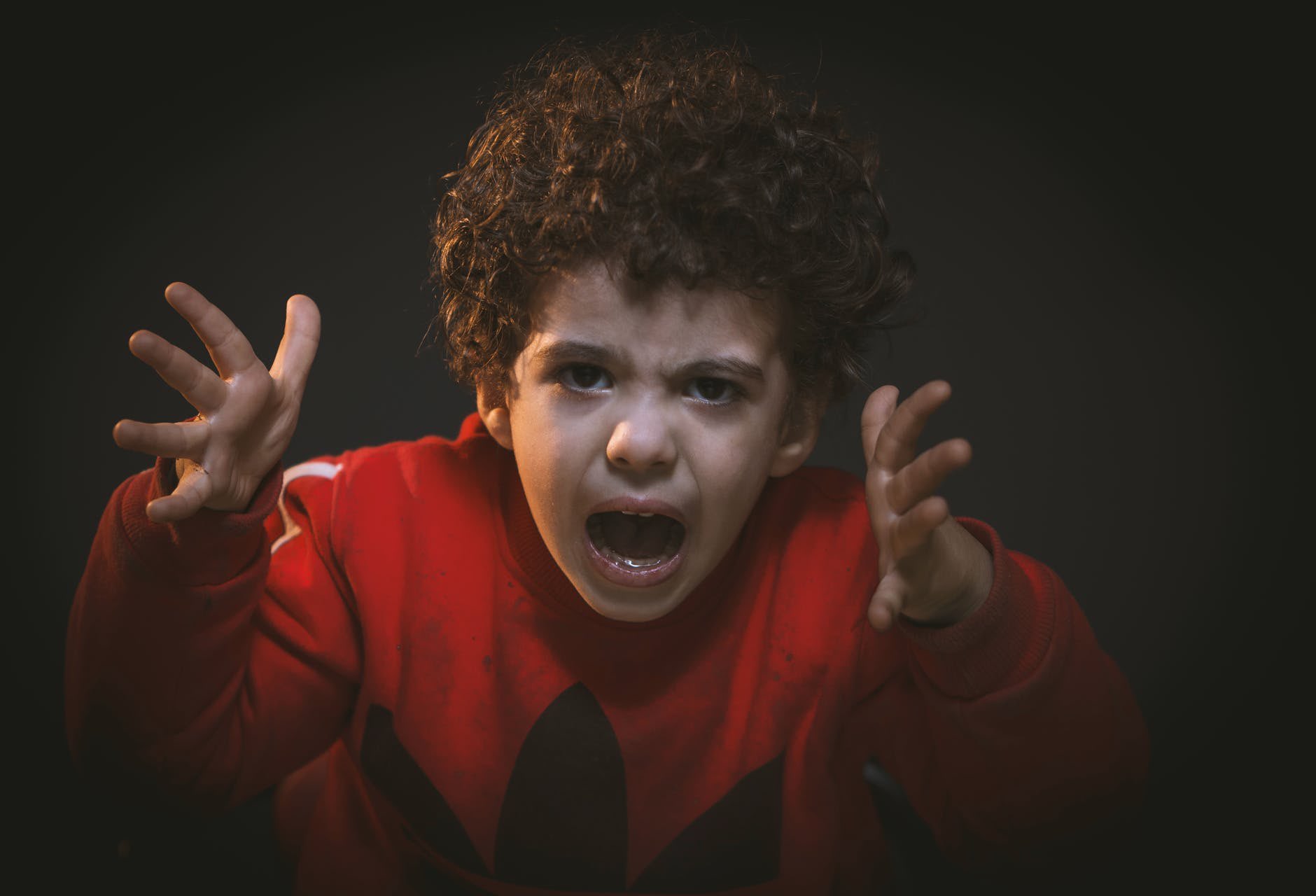Simple Ideas For Managing Separation Anxiety in your Kindergarten Kid

Photo by Pixabay on Pexels.com
It’s fall, the kids are all back to school, and what is the #1 challenge I see coming through my door? Separation anxiety. If you are a parent you’ve probably seen that panicked look in your child’s eyes – you’ve felt those little arms wrapped around your legs with super hero strength and those tiny hands grabbing at your hands, your clothes, your bag and literally anything else they can latch on to.
Young kids often struggle with transitions and goodbyes. An even if they’ve gone to daycare or preschool before, the hugeness of elementary school can be overwhelming. There are so many kids! So much sensory stuff with noise overload, kids moving in all directions, new smells, adults everywhere, but none of them are your mommy or daddy.
My daughter just started Kindergarten this year and I was right there on the blacktop with all of the other parents, watching my child walk up the stairs with tears in her eyes after I gave her 400 hugs and kissed her goodbye 200 times. Those tears broke my heart and I asked everyone I knew if It gets better. Some people said to give it a month and others said it can take up to 6 months. I wondered, how can we as parents, handle this level of upset for 6 months? It takes so much trust; trust in the school that they can keep our children safe, trust in the teacher that they might be willing to offer a hug when needed and to be fun and distracting in order to give our child a great school experience; trust in the other kids that they will be nice and welcoming. But, we also have to trust ourselves that we can let go just enough to let them grow.
Most of my daughter’s classmates were able to slowly change from panic stricken, tearful faces to smiles and happy hellos. But some kids still really struggled to be ok. They couldn’t seem to calm down at school. It might’ve take hours to stop crying or they might have run from the classroom or sat alone in a quiet corner, unwilling to participate. Their parents were called day after day to help or to come and get them. These are the kids I see walking through my doors, their parents exhausted and torn between the need to help their child and the need to work or carry on with adult responsibilities. “This has never happened before, I don’t know how to help her,” they tell me. And I understand that this is hurting everyone. It is painful and it’s consuming each and every school day.
I recommend therapy supports at this point. But, there are also a few strategies I give to immediately start offering some relief. Anxiety is usually grown out of scary beliefs or thoughts that are irrational (they don’t make a lot of sense if we really stop to think about them). Your child might be terrified that bad things can happen to you only when they are not with you. They might really believe that you are going to forget all about them and never come to get them. Or, they might believe that you are literally the only person that can keep them safe. We adults might believe this one too.
The first strategy I recommend is to ask them what they are afraid of. Sometimes they may not know but giving them space to share or play about what is scary will help. Yes, pay attention to their play. This can tell you a lot. It’s important that you let them get it all out before you start the counterattack against the irrational thoughts. Acknowledge how scared they seem to be and let them know you want them to feel better. They are not bad kids with bad behaviors. They are scared. Sometimes it’s surprising to hear what they’re actually thinking and the stories they will tell.
Second, try to think of ways they can have reminders of you throughout the day. A lot of schools will encourage you to bring in pictures of your family they can put up in the classroom. My daughter’s teacher allowed us parents to record a message to our child on the classroom IPads. Maybe you could find a locket to put a picture in or make a special friendship bracelet together. You could come up with a secret handshake or gesture that is just between you. The book “A Kissing Hand For Chester Raccoon,” by Audrey Penn is a great way to normalize the fear and gives an idea of how Chester’s mom helped him feel better.
Third, consistency is key. As our children adjust to this change we have to be sure we do what we say we’ll do, consistently. For example, at drop off, if your child wants you to stay until the bell, let them know if you can and plan to do it every day until they’ve adjusted. If you have to go, let them know and come up with a special way to say goodbye. My daughter is ok with me leaving but requires “air hugs” (acting like you’re hugging the air) as I walk away. I’m sure I look silly, but I feel no judgement from the other parents and it makes my daughter feel better.
Finally, keep your cool. While all of the other parents standing by might have some idea of what this is like for you, it’s best that your child doesn’t. Get your poker face ready and prepare to act like you believe everything is going to be ok. They need this from us, to set the stage for a normal day where there is no reason to worry. You can cry when you get back to your car, or holler and yell at the anger you feel towards the school. If you are feeling a lot of anger this might be a sign that talking to someone at the school is needed. The psychologist, social worker, or even the nurse might be able to help think of ideas to help. Don’t be afraid to make suggestions you think will help and to see if they are possible. Sometimes we need to advocate for what our child needs and what we think will help. When we communicate with the school it helps us with that consistency piece we talked about too.
I know these are simple strategies to support a challenge that seems anything but simple. If you feel your child’s reaction to separation from you is bigger than other kids you see, give us a call. We would love to help you all feel better.
https://www.upliftmechildtherapy.com

